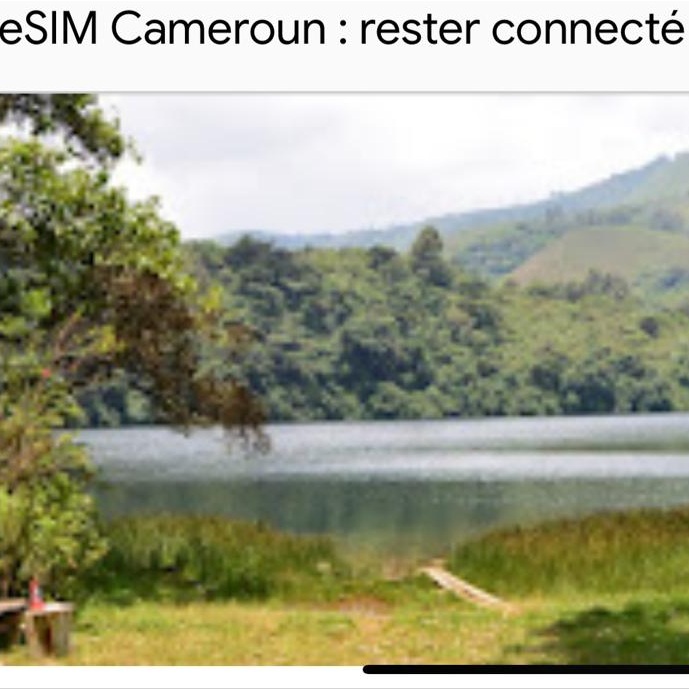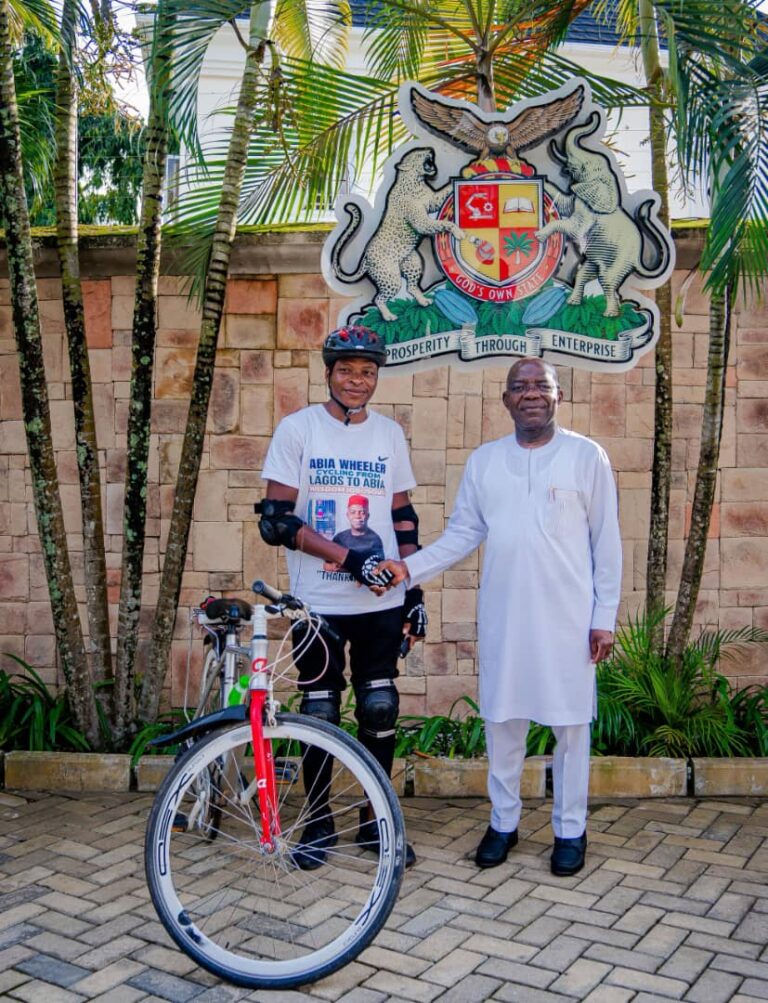
ZWEDRU, Grand Gedeh County – An explosive land controversy is at now at the zenith from the heart of Grand Gedeh’s dense B’Hai forest leaving the county’s authorities headed by the Superintendent and citizens all divided over the leasing of 500 acres of forestland to a Burkinabe national.
The ongoing rigmarole which exposes deep fractures between local communities and county authorities over the agreement began as a government-backed “development initiative” that later turned into a fierce dispute over ownership, legality, and the very future of the county’s natural heritage.
It can be recalled that Grand Gedeh County led by Superintendent Alex C. Grant signed a 30-year lease agreement with Burkinabé Investor Boubou Sebu for 500 acres farmland in the B’hai Administrative District to cultivate cocoa.
As inscribed in the agreement, the investor will pay US$150,000 for the first ten years, totaling $600,000 over 30 years, all allocated to the County Development Fund. But the contract has since been greeted with serious public mixed reactions with several expressing opposition to the contract.
The Deal That Nobody Knew About
Town Chief Moses Tahyor of B’Hai Jozon, who spoke to the media over the weekend, explained that he only learned about the lease on the radio.
“None of them told me that we gave somebody 500 acres. I was not even briefed. I don’t know anything about that. The law says before you give land, you must consult the people, but that never happened. My children, I don’t know anything about this – about how our own forest was given out without our consent,” he told investigators
Chief Tahyor’s voice trembled as he believes this is a betrayal of the people’s trust reposed in their leaders. If they are in our bush, they should move from there. But I don’t have power.”
His testimony was just a gist of widespread grievance among local residents, who claimed that their land was taken without consent, in violation of Liberia’s Land Rights Act of 2018, which recognizes customary land ownership that requires community consultation and written consent before any lease or concession.
“We Only Heard It On The Radio” — Voices from the Forest
From women leaders to youth representatives, the story is the same: they were never consulted.
Mary Shon, women’s leader of B’Hai Jozon, expressed dismay over a deal she feels is not in the interest of the people.
“We don’t know anything. The superintendent said somebody from B’hai knows, but that’s not true. Our children are innocent. No meeting was held with the youth or leadership. The government must come in – that bush is for both citizens and the government.”
Another prominent women leader of the town Betty Neewray pointed out: “My heart is not satisfied. We only heard on the radio that the superintendent and commissioner signed this, but we were not consulted.”
For the young people, the implications go beyond immediate anger, they see a potential crisis in the making.
Harrison Farley, a youth leader, warned that this land is for over 13 to 16 towns.
Farley indicated that while the presence of Burkinabe brought some good things, this deal is bad as the forest is customarily owned by the people.
“Our children will grow and need space. This will bring conflict because the Burkinabes will also have children who will want to claim this land,” Farley lamented.
“We Will Resist To The Last”
Chief Sam Nah, General Town Chief of the B’Hai Nicko Clan didn’t mince words in condemning the agreement that has since raised eyebrows.
“We, the custodians of this bush, are not aware of how this deal was done. The superintendent didn’t tell us. We will resist this deal to the last. We have sent people to Monrovia to get understanding,” Chief Nah noted.
Women in B’Hai Nicko are equally defiant.
“We are appealing to everyone — our bush should come back to our hands. If we lose this bush, our generation loses its future. We, the women, need this bush,” said Josephine Mcee, the clan’s women leader.
Superintendent Defends Deal
But Superintendent Alex C. Grant, who authorized the deal, insists it was legal and necessary. s
Speaking to reporters, he explained that the land was already declared “imminent domain” by his predecessor in 2023 following repeated disputes between Liberians and Burkinabe migrants over land ownership.
According to him, “All resources from that forest were turned over to the Superintendent’s office. The Burkinabe who signed this contract was the original occupant, and we decided to formalize it through a 500-acre lease,” he asserted.
Superintendent Grant said the Liberia Land Authority (LLA) was brought in to survey the land, which expanded from “200 acres to 931 acres.”
He claims the contract, signed in the presence of the county attorney, was designed to “regulate” occupation, prevent future conflict, and channel proceeds into the county’s development account.
“Where have I gone wrong?” he asked defensively.
“We acted in the county’s interest. The revenue will be shared under the revenue-sharing law, the government, county, and citizens will benefit,” the Grand Gedeh Superintendent furthered.
Looking into the historicity of surface rental, Supt. Grant states that the deal offers more financial incentives to the government and people of Liberia than any other land surface deal that Liberia had ever signed.
“The Grand Gedeh forest offers more than what Firestone or Golden Veroleum provides to the government and this country,” added Supt. Grant.
Commissioner Admits Failure to Consult
However, the local Commissioner of B’Hai Administrative District, Kelvin J. Kapee, admitted that community consultation never took place before he signed the 30-year lease agreement.
“I received the document from my superintendent. The contract was already prepared. I did not go back to the district to ask whether I should sign or not. I thought the land was government land,” he explained.
Kapee revealed that the payment was to be made in three phases over 30 years, beginning with US$150,000 for the first decade.
After signing, he revealed, community members confronted him for bypassing them and as such, he arranged a town hall meeting.
“I called a town hall meeting and told them I was sorry,” he said. “If they say the deal must be cancelled, it can be cancelled. We don’t want noise in our district.”
FDA Warns of Environmental Impact
Regional Forester Yei P. Neagor of the Forestry Development Authority (FDA) described the ongoing deforestation as “illegal and devastating.”
“People are clearing forest for cocoa farms using chemicals and burning the roots. This will destroy species, dry up water sources, and worsen environmental degradation. The FDA was not properly informed about this agreement. This issue requires national attention and joint security intervention,” she narrated.
Immigration and Border Security Perspective
Immigration officials say the issue of Burkinabe influx is linked to cross-border migration and weak border control.
Deputy Comptroller Anthony Putis III, confirmed that 48,000 Burkinabe farmers were registered in Grand Gedeh.
“After registration, no other entry was allowed without passports, but some still cross through small, unapproved points.”

He noted rising disputes between Burkinabe and Liberian farmers over shared land and cocoa farming.
ACI Alex Kpakolo, the Immigration Commissioner of Grand Gedeh, added that his officers are now conducting joint patrols and community engagements to monitor illegal entry.
“We are here to protect our citizens and Mama Liberia,” he said. “The citizens have welcomed our officers but are asking for more security presence.”
Legal Experts and Civil Society Weigh In
Legal analysts say the Grand Gedeh deal violates the Land Rights Act, which clearly defines customary land as owned by communities, not government.
“Even if a past superintendent declared it government land, that does not nullify community ownership without due process,” said a land governance expert.
A County Divided
As the controversy deepens, over two dozen community representatives have reportedly converged on Monrovia to petition the Grand Gedeh Legislative Caucus for the deal’s cancellation.
Already, Grand Gedeh District #3 Representative, Jacob C. Debee, the district in which the contract is situated, has decried what he termed as a unilateral decision by the county’s chief administrator.
Rep. Debee claimed that the Development Superintendent, Fiscal Affairs, County Inspector, members of the Grand Gedeh Legislative Caucus and even local dwellers, who are the main custodians of the land, are unaware of said shady deal.
Worst of the matter, Debee points out that the agreement is in total contravention of the Land Right Act, specifically Section 36, which addresses the issue of Confirmatory Survey of Customary Land.
Also, former Grand Gedeh County Senator, A. Marshall Dennis, described the agreement as illegal due to the fact that the custodians of the customary land – the people were not involved in the agreement.
“Even if you want to set a portion aside for the government’s use, it has to be with the acquiescence of the people, who are the custodians. There is nowhere in the Act that says 10 percent of a clan land or hinterland should be given to the government or should be set aside for the government. Even if that was the case, it doesn’t mean that you can just decide to say that you can go all by yourself to do your survey,” he stated.










